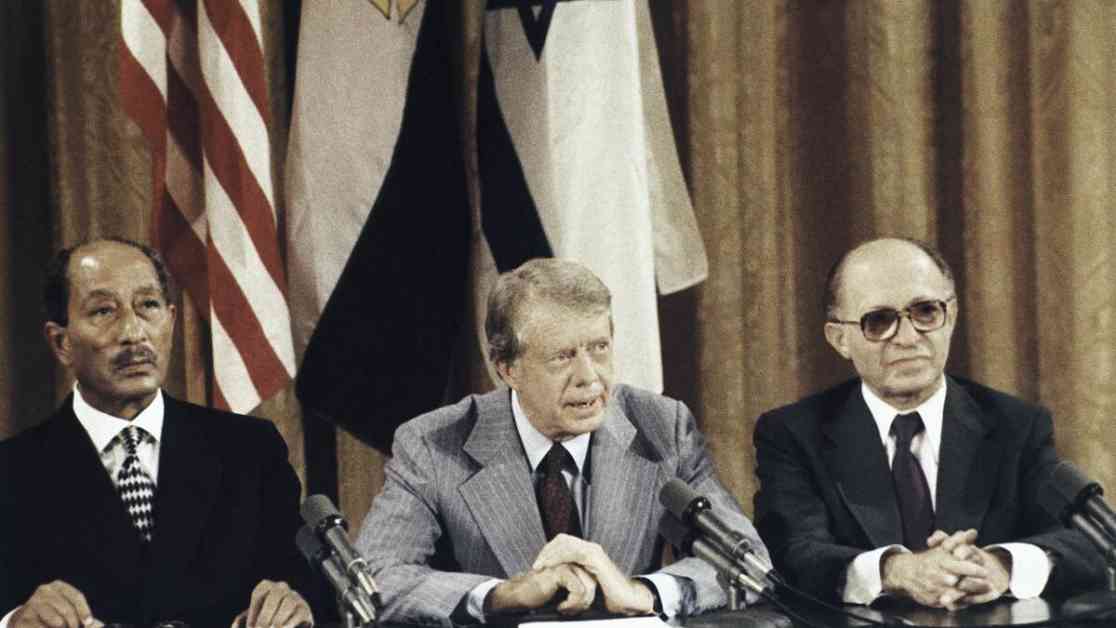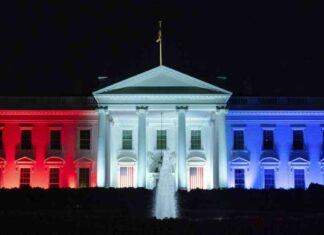President Carter’s Legacy in the Middle East: Successes and Scars
Former President Jimmy Carter’s legacy in the Middle East has been a complex and enduring one, marked by both successes and scars that have left a lasting impact on the region. Carter’s deep engagement with the Middle East, driven by his religious faith and commitment to peace, was exemplified by the landmark peace accord he brokered between Israel and Egypt at Camp David in 1978. This accord, which nearly foundered amid acrimony and tension, ultimately led to the first Arab-Israeli peace treaty and the return of the Sinai Peninsula to Egypt.
Carter’s hope was that this initial breakthrough would pave the way for wider regional peace, including a resolution to the Israeli-Palestinian conflict. However, as the years passed, progress was marred by periods of violence and bloodshed, culminating in a brutal conflict in 2023 that claimed thousands of lives on both sides. Despite the setbacks, Carter remained committed to his vision of a comprehensive peace deal that would ensure self-determination for the Palestinian people.
In a bold move that sparked controversy and criticism, Carter published a book in 2006 titled “Palestine: Peace Not Apartheid,” drawing parallels between Israel’s occupation of the West Bank and the apartheid regime in South Africa. This comparison, rooted in Carter’s personal experiences of racial injustice in the American South, challenged conventional narratives and earned him both praise and condemnation.
While Carter’s legacy in the Middle East remains a subject of debate and reflection, his unwavering commitment to peace and justice is undeniable. Despite facing backlash and opposition, Carter remained resolute in his beliefs and continued to advocate for a just and lasting resolution to the region’s conflicts.
As we remember President Carter’s contributions to the Middle East, it is essential to recognize the complexities and challenges inherent in the pursuit of peace. Carter’s legacy serves as a reminder of the enduring quest for reconciliation and understanding in a region marked by deep-seated divisions and grievances. His example inspires us to continue striving for peace, even in the face of adversity and opposition.



























